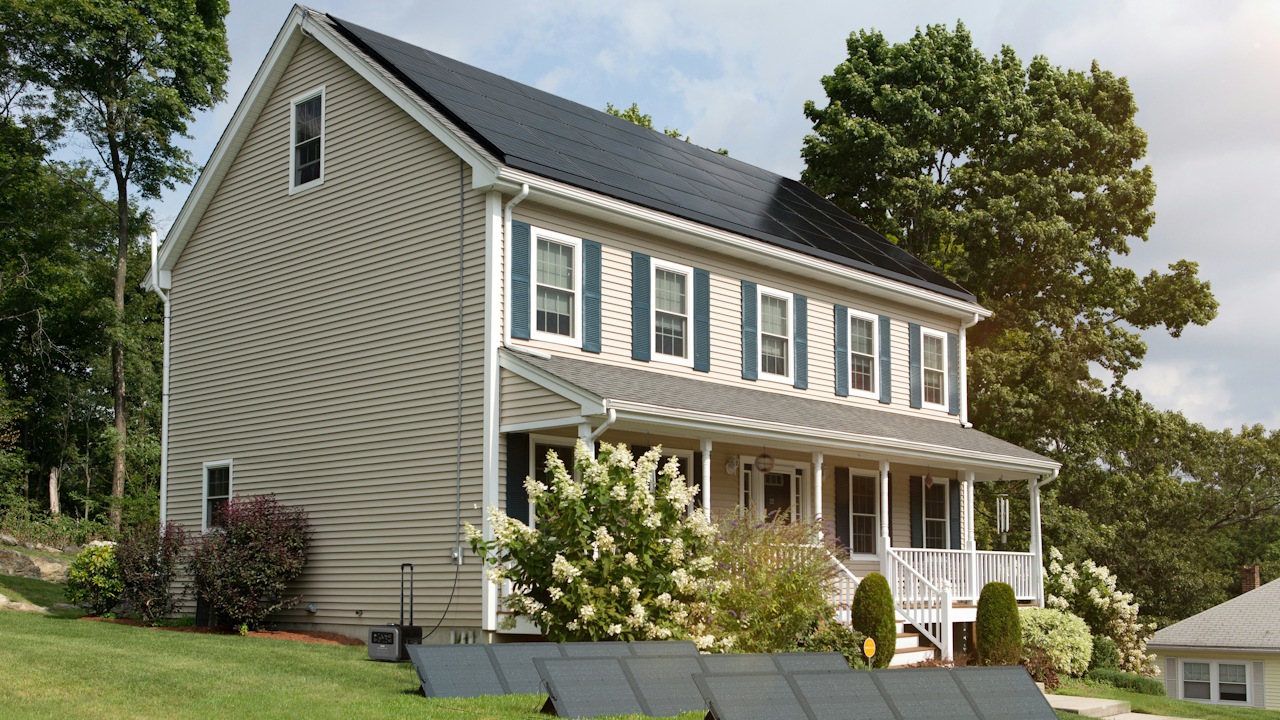When homeowners consider transitioning to greener energy alternatives, they’re not just making an environmentally conscious choice; they’re also investing in long-term financial stability and home value. The landscape of residential energy is evolving, with various technologies offering pathways to reduce reliance on traditional fossil fuels.
One of the most prominent solutions involves harnessing the power of the sun. Solar photovoltaic (PV) systems, installed on rooftops or as ground-mounted arrays, convert sunlight into electricity. The advancement of solar panel technology has increased efficiency and reduced costs, making it a viable option for many homeowners. The electricity generated can power household appliances, lighting, and even electric vehicle charging. Furthermore, excess energy can often be fed back into the grid, potentially generating credits or revenue. The viability of solar power does heavily depend on the amount of sunlight a location recieves, so some regions are more optimal than others.
Beyond solar, heat pump technology is gaining significant traction. Air-source and ground-source heat pumps offer efficient heating and cooling solutions by transferring heat between the home and the surrounding environment. These systems are considerably more energy-efficient than traditional furnaces and air conditioners, resulting in lower energy bills and reduced carbon emissions. The ground source heat pumps are very efficient, but do require a large amount of land to install the necessary underground infrastructure. Air source heat pumps are more easily installed, and are becoming much more efficient in colder climates.
Another avenue for green energy adoption involves small-scale wind turbines. While large wind farms dominate the landscape of commercial wind power, smaller turbines designed for residential use can supplement a home’s energy needs. These systems are best suited for properties with ample open space and consistent wind patterns. The effectiveness of domestic wind turbines is highly dependent on local wind conditions, so a thorough assessment of wind resources is crucial.
Furthermore, homeowners can explore the potential of biomass heating systems. These systems utilize organic materials, such as wood pellets or chips, to generate heat. Modern biomass boilers are designed for efficiency and clean combustion, offering a sustainable alternative to traditional fossil fuel-based heating. The availability of sustainable biomass fuel sources is a key consideration for homeowners exploring this option.
In conjunction with these energy generation technologies, energy storage solutions are becoming increasingly important. Battery storage systems allow homeowners to store excess energy generated from solar panels or wind turbines, providing backup power during outages and enabling greater energy independence. This technology is rapidly advancing, with improved battery capacity and affordability.
It is important to remember that improving home insulation, and switching to energy efficient appliances, can also have a very large impact on reducing energy consumption. These methods, while not generating energy, greatly reduce the amount of energy that is required.


